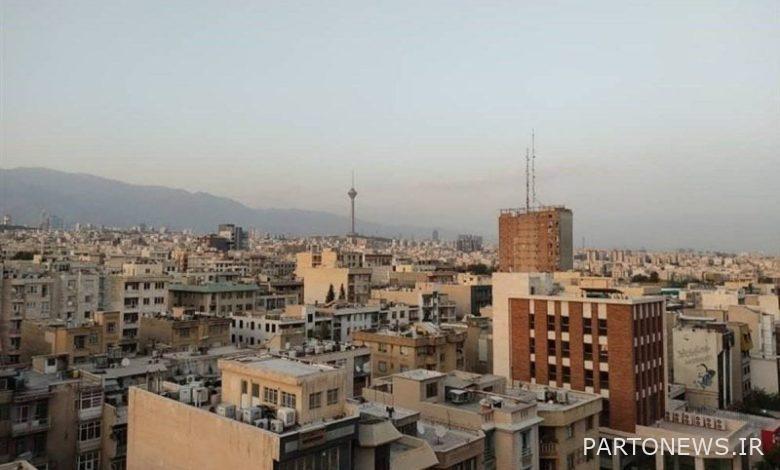Inflation, a factor in reducing investment in the housing market – Tejaratnews

According to Tejarat News, Mohsen Pirhadi said about why banks are prevented from selling their excess assets: the financial statements of banks show that most of them do not have the ability to provide facilities according to the instructions of the Central Bank, despite the fact that these banks have a lot of frozen assets. have that if they succeed in selling them, they can get out of this situation.
He further stated: It is on this basis that clause “g” of note “4” of the budget bill pays special attention to the sale of surplus property of state-owned banks, so far the official statistics from the Central Bank or the Ministry of Economic Affairs and Finance regarding the amount of surplus property It has not been published separately by banks, but according to some reports, the amount of excess assets of state-owned and privatized banks is more than 200 thousand billion tomans.
The representative of the people of Tehran in the Islamic Council clarified: There is no comprehensive report on the amount of the transfer of the aforementioned property, but according to the report of the Minister of Economic Affairs and Finance, the sale of the surplus property of state-owned and privatized banks from 2014 to Before 1401, it was about 67 thousand billion tomans; 33 lots of non-banking stocks and 33 lots of surplus properties have been sold.
The vice-chairman of the Revolution faction emphasized that the necessity of selling surplus bank assets and investing banks in important and strategic projects, including removing production barriers and providing facilities to small and home-based enterprises, is clear to everyone, and stated: Despite this importance, the interest rate High inflation and the growth of real estate and property prices in the country encourages property owners to delay or resist selling their excess property because they believe that maintaining it is more profitable for them in the long run. Another reason why banks are less willing to sell surplus property is the commonality of income from the sale of investments between banks and their depositors.
He added: Of course, the second concern of the banks has been resolved in recent months, and according to the resolution of the Money and Credit Council, which was notified to banks and non-banking credit institutions by the Central Bank in recent months, the profit from the sale of the bank’s investors in the company’s shares non-bank funds cannot be distributed among shareholders and depositors and should only be used with the approval of the central bank to increase capital; Considering this importance, it is expected that this resolution can be a path-breaker in this direction, although the compliance of this resolution with the law of usury-free banking operations is questionable.
Pirhadi pointed out: since the ability to provide facilities is limited, the presence of surplus and frozen assets in the bank’s asset portfolio, in the current economic conditions of the country, the sale of surplus assets of state-owned banks increases the liquidity of the balance sheets of state-owned banks and increases the ability of banks to provide facilities.
Source: ISNA

